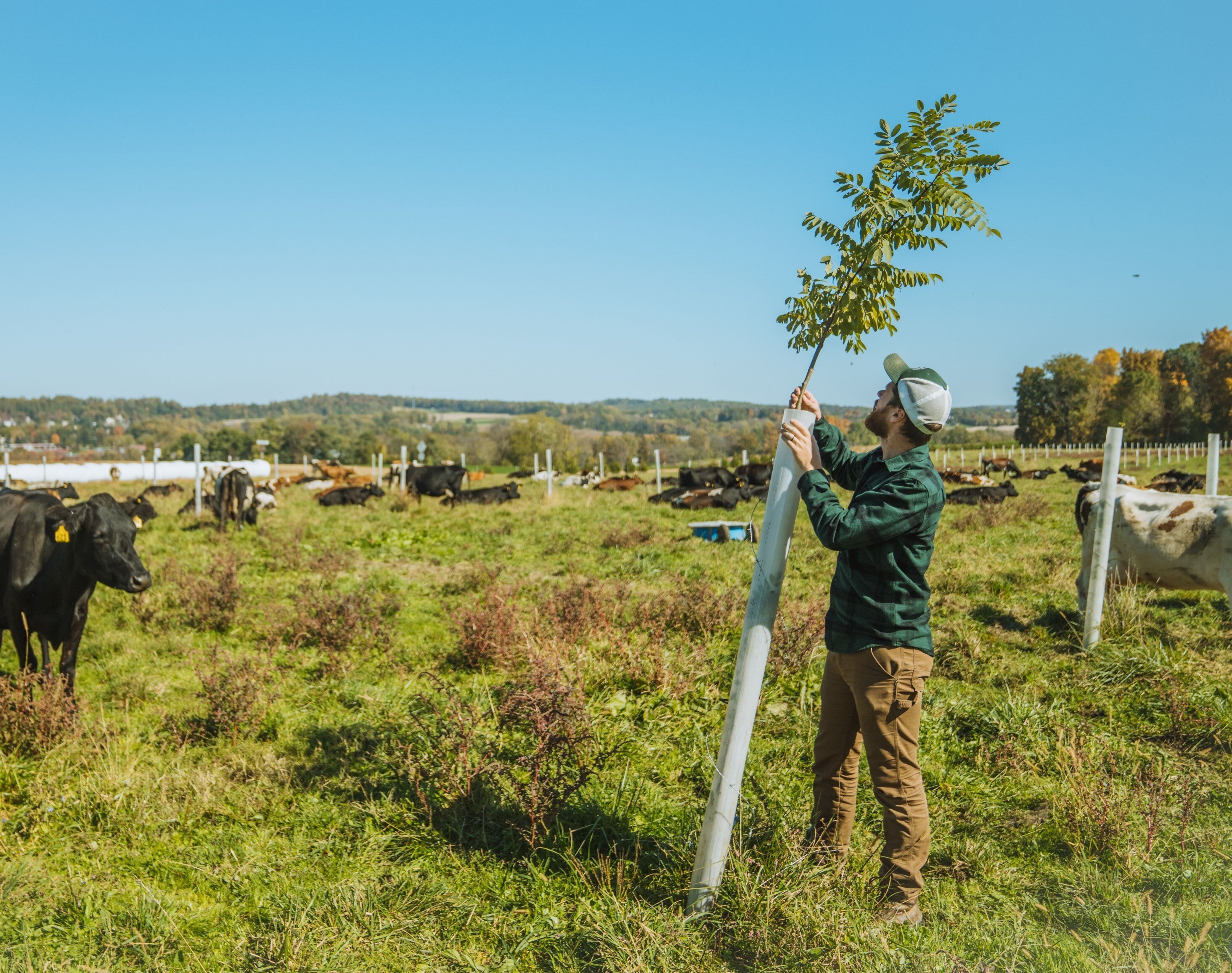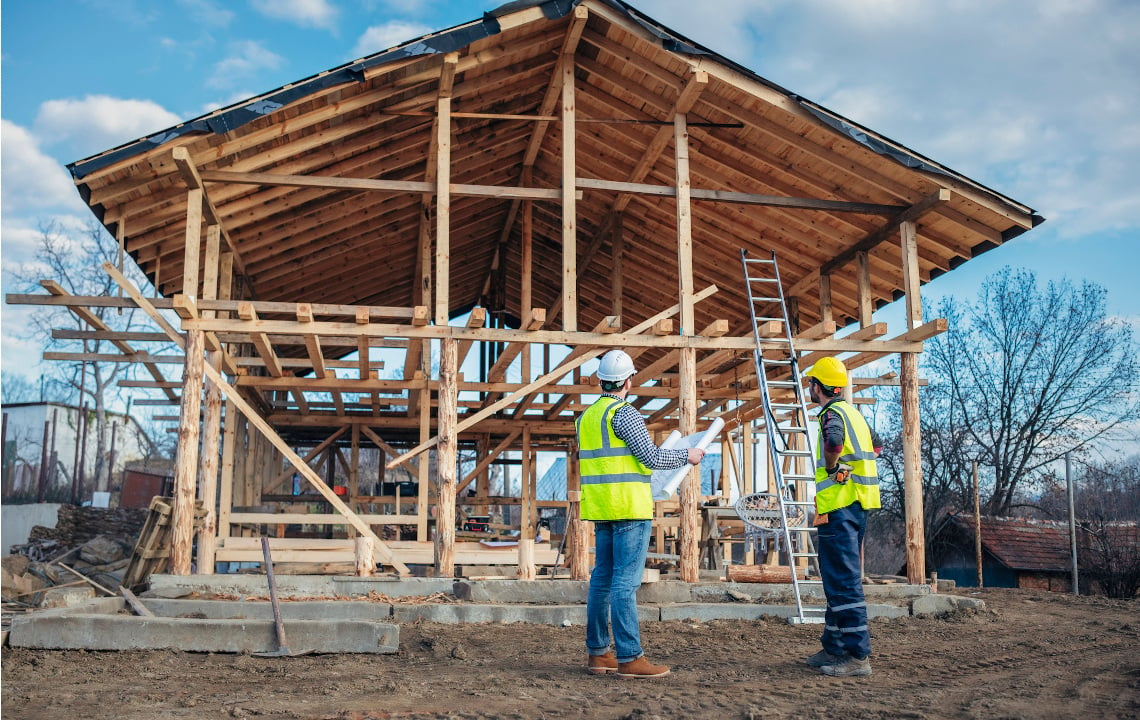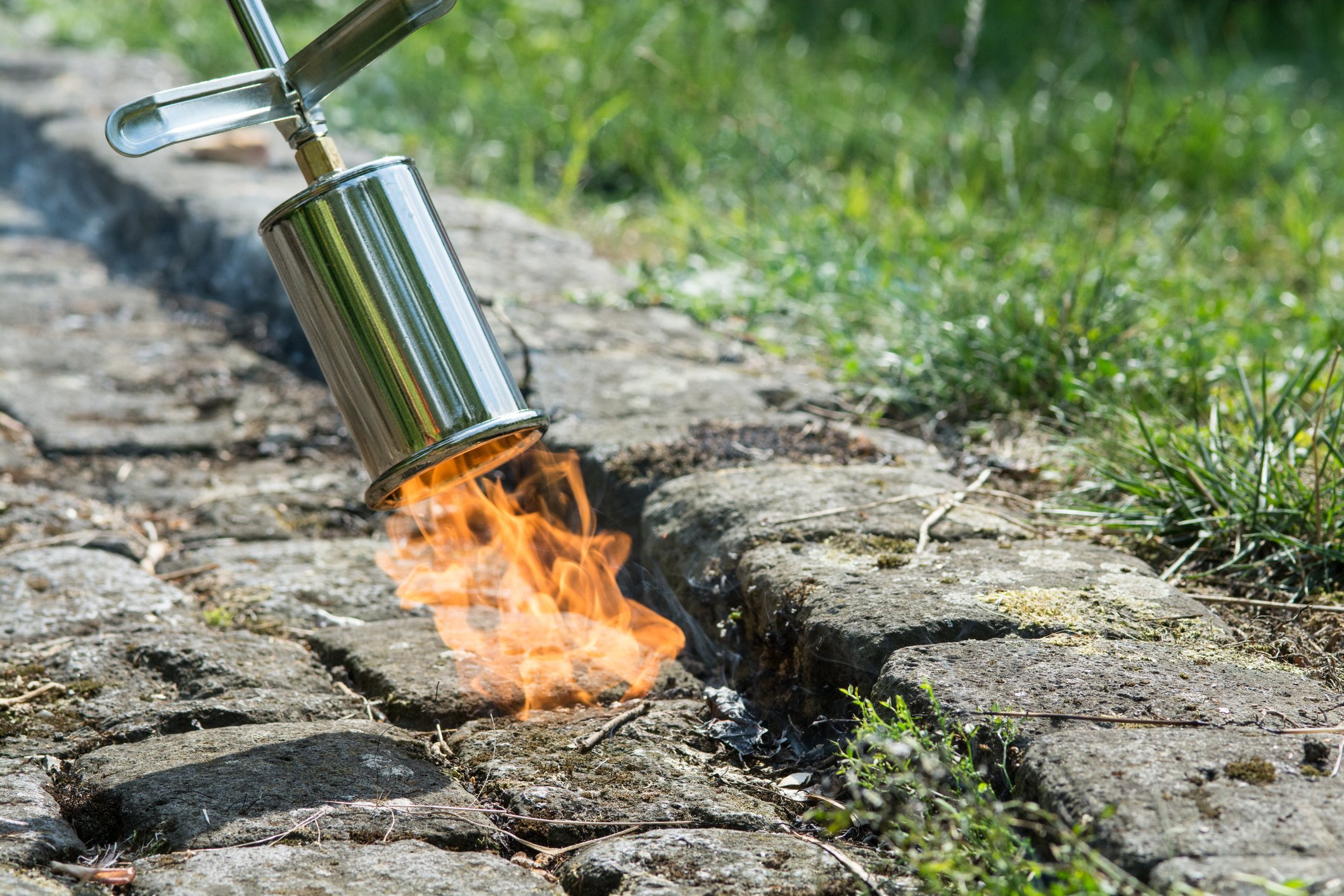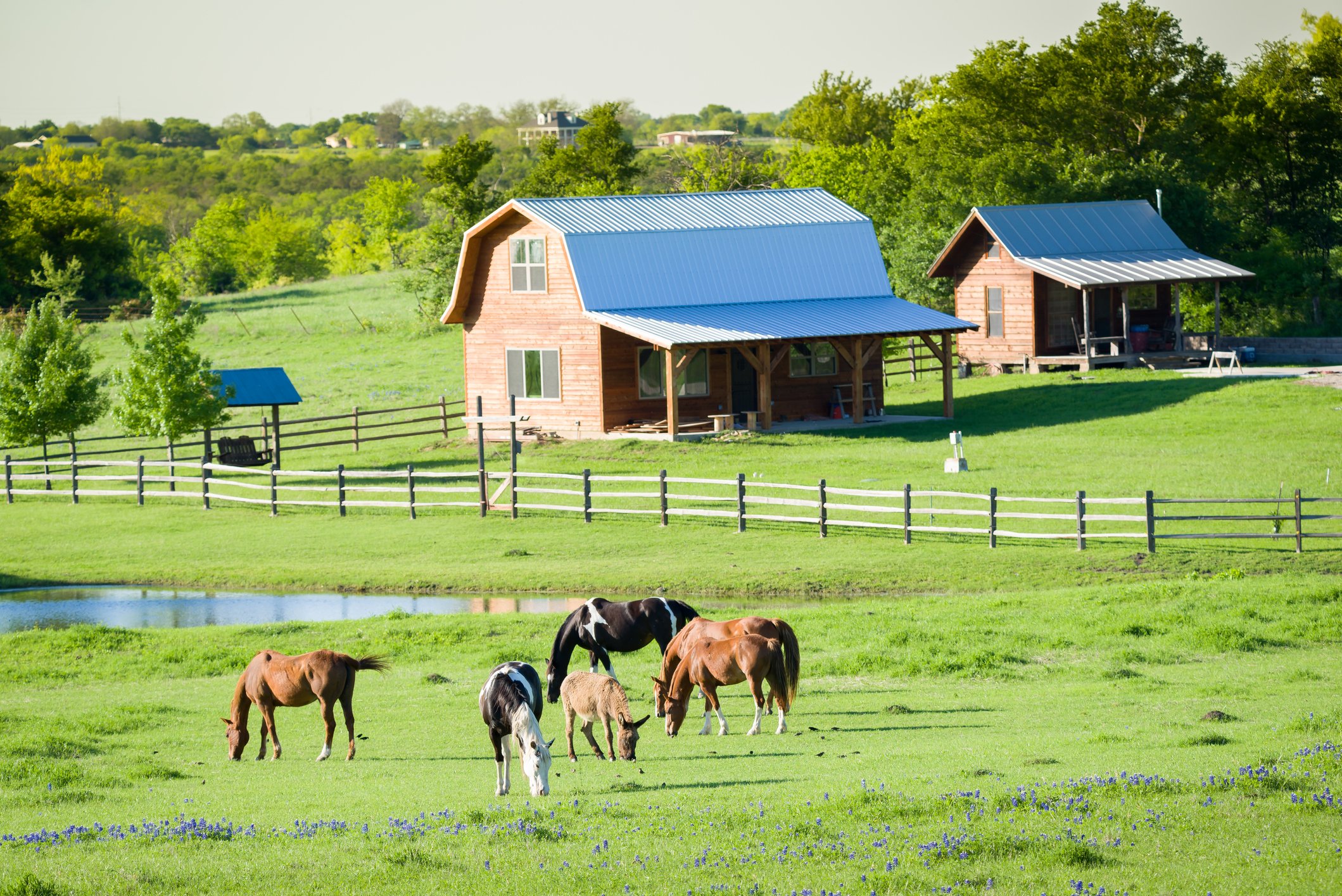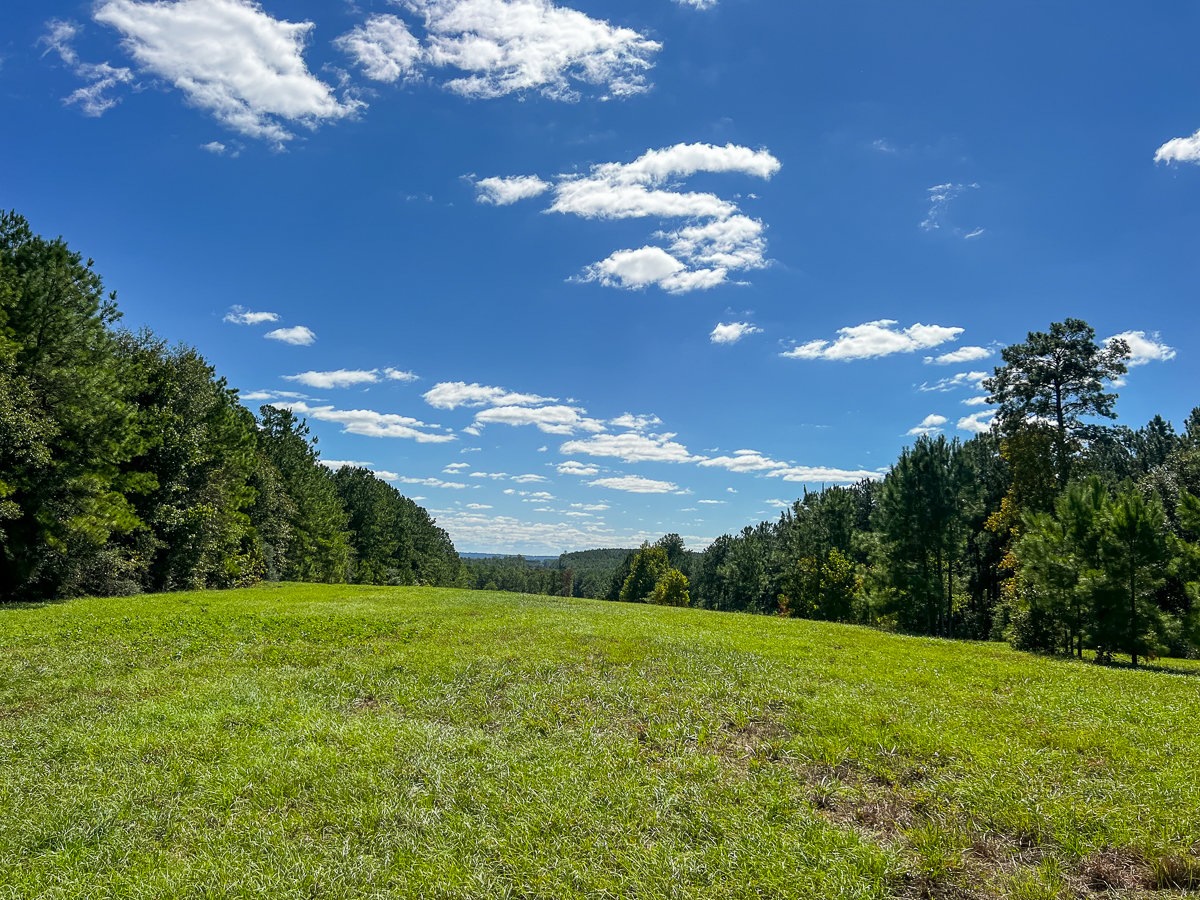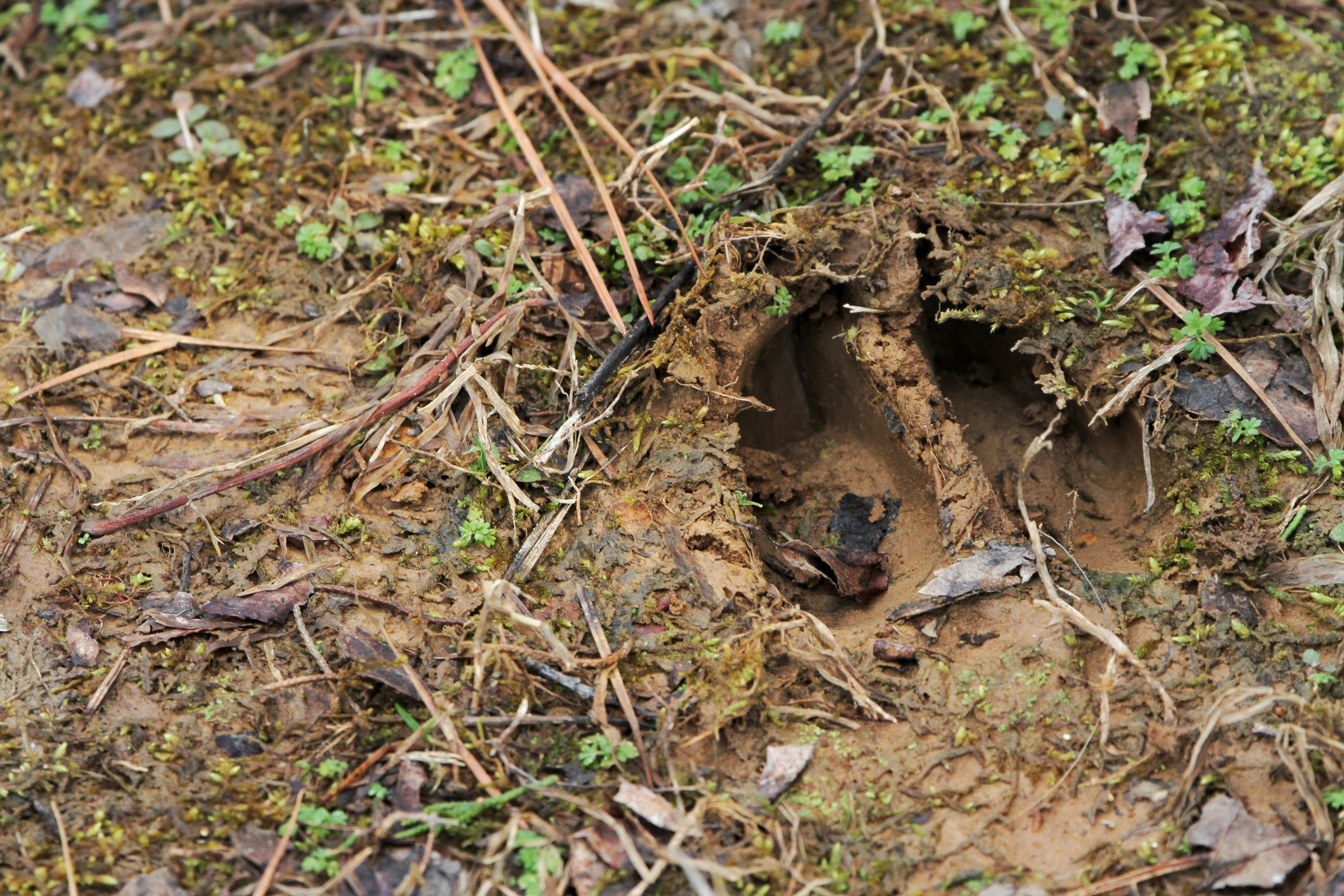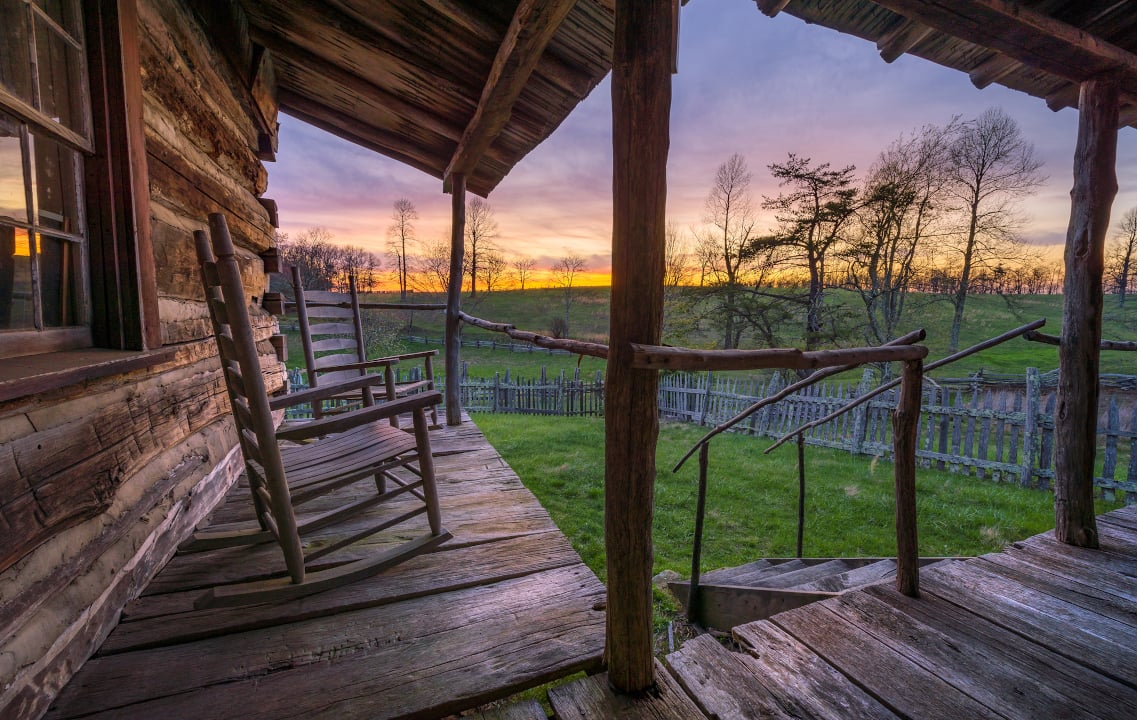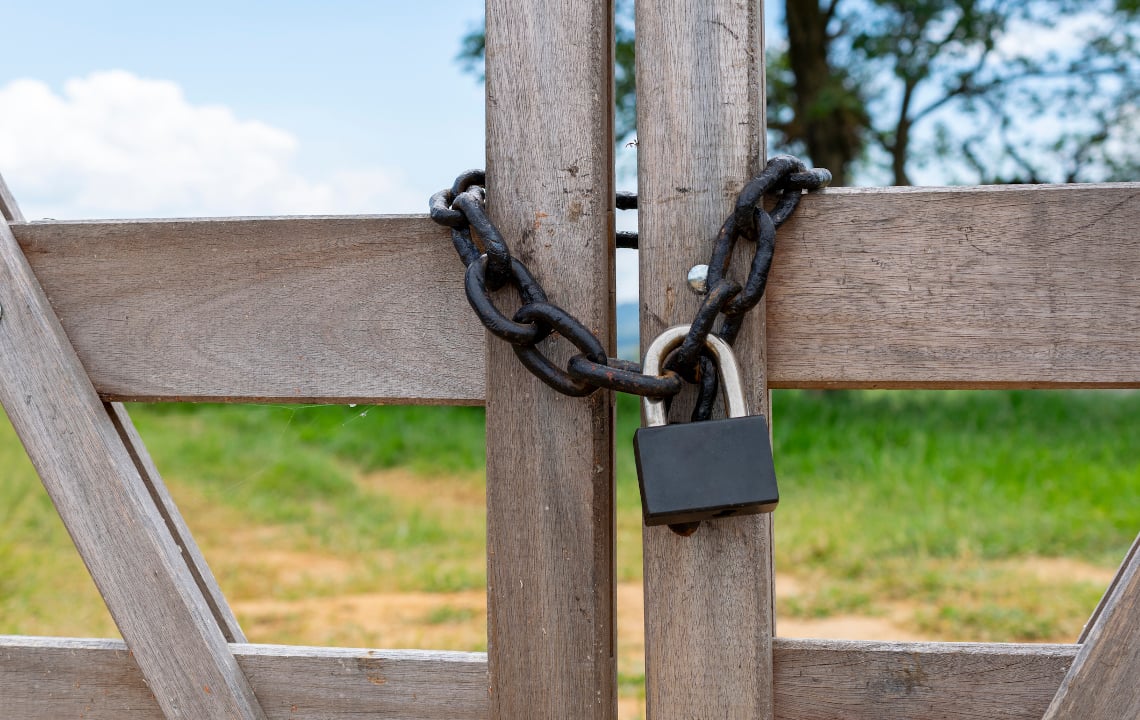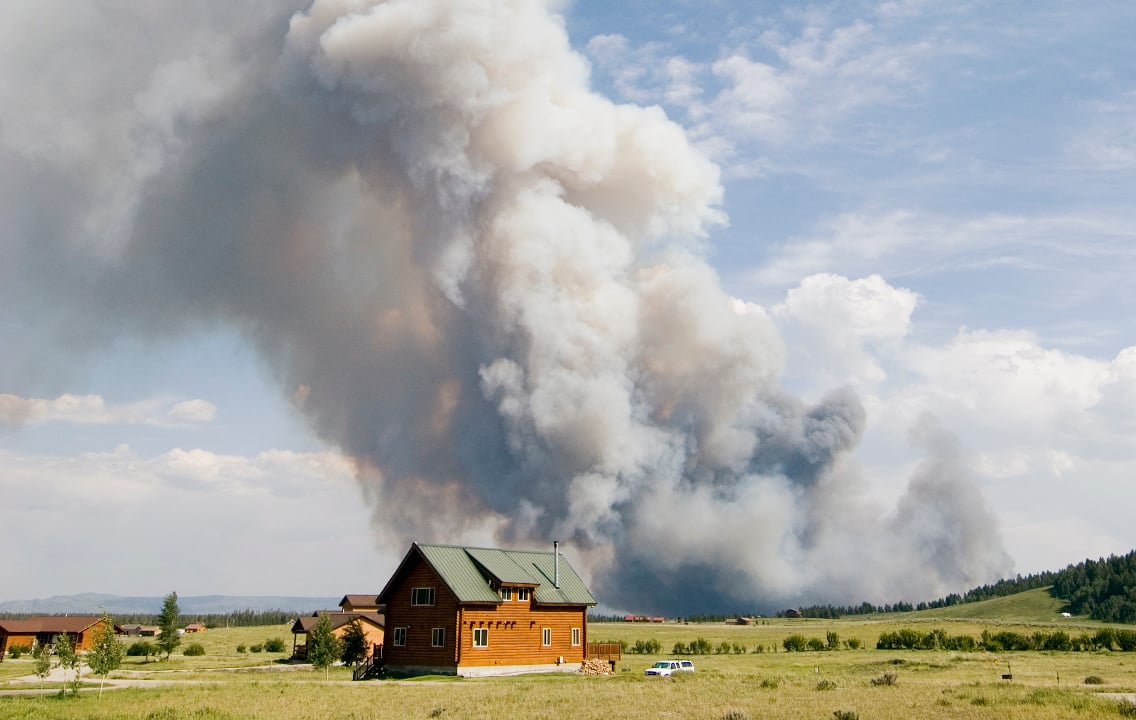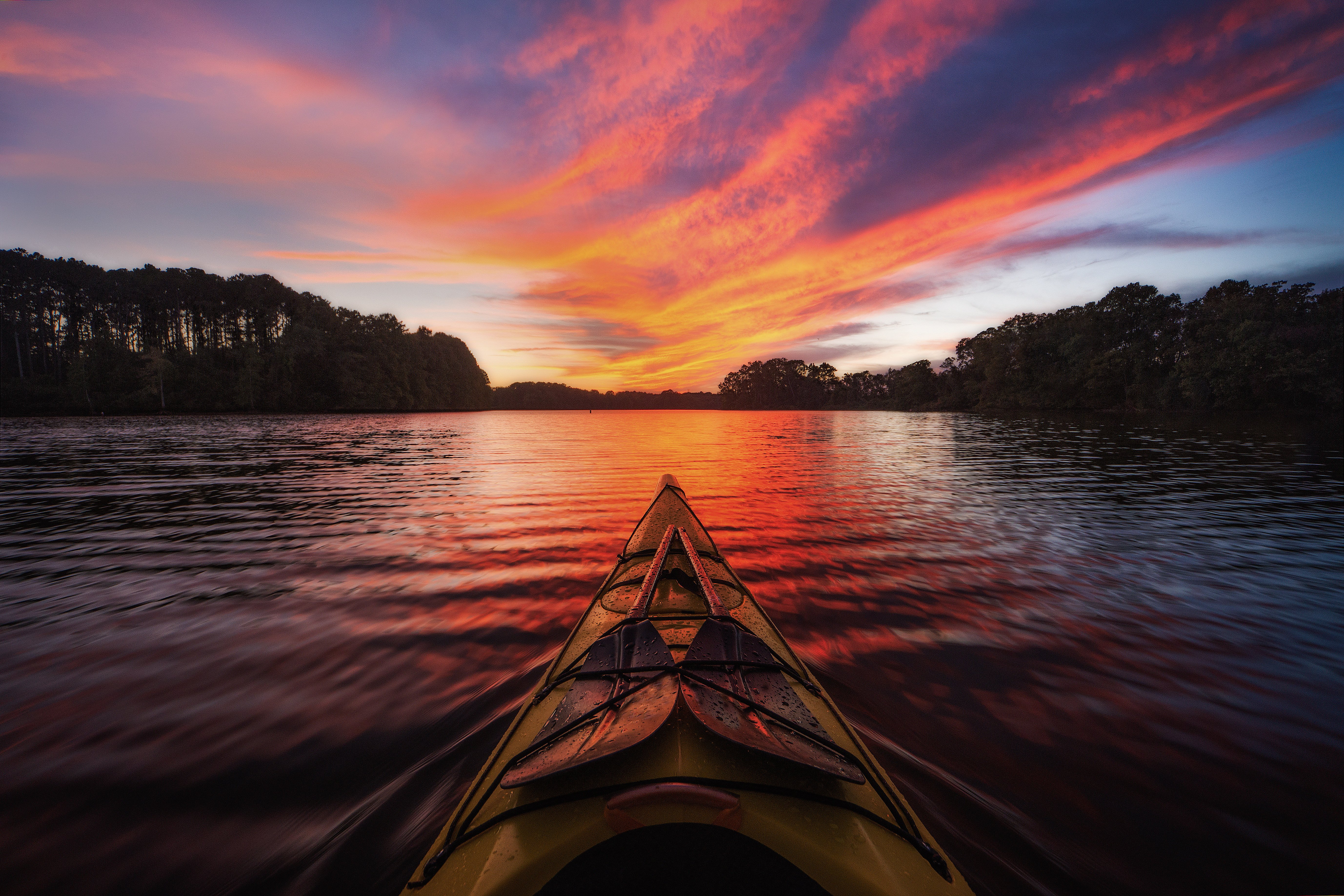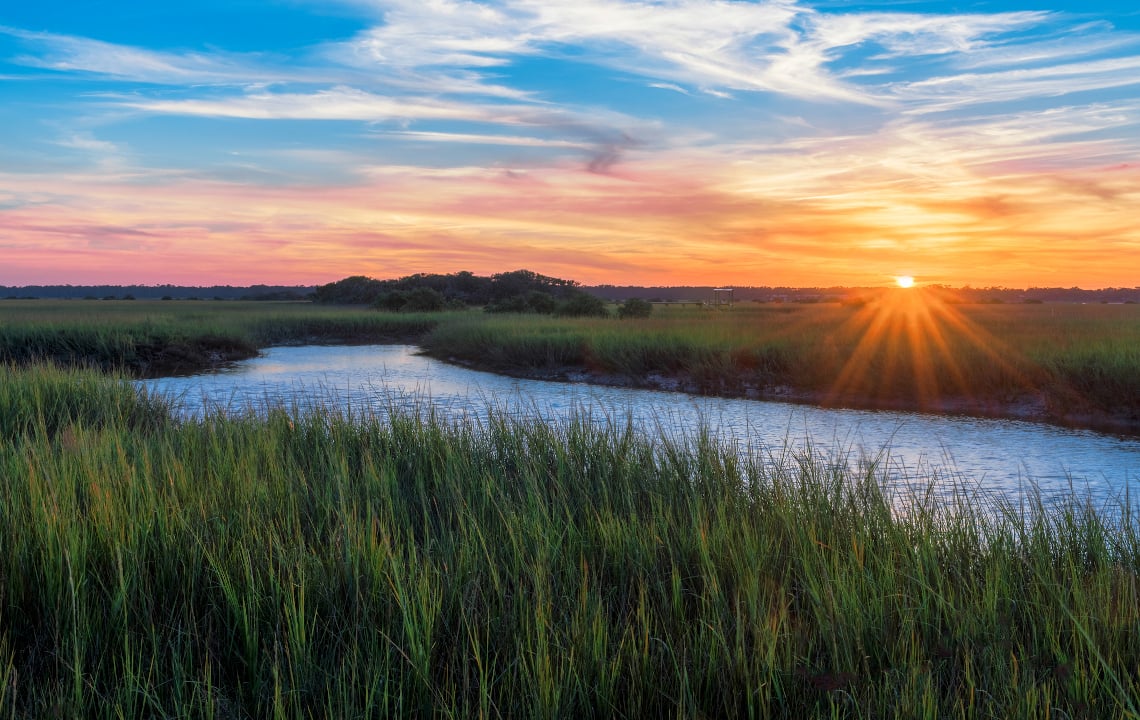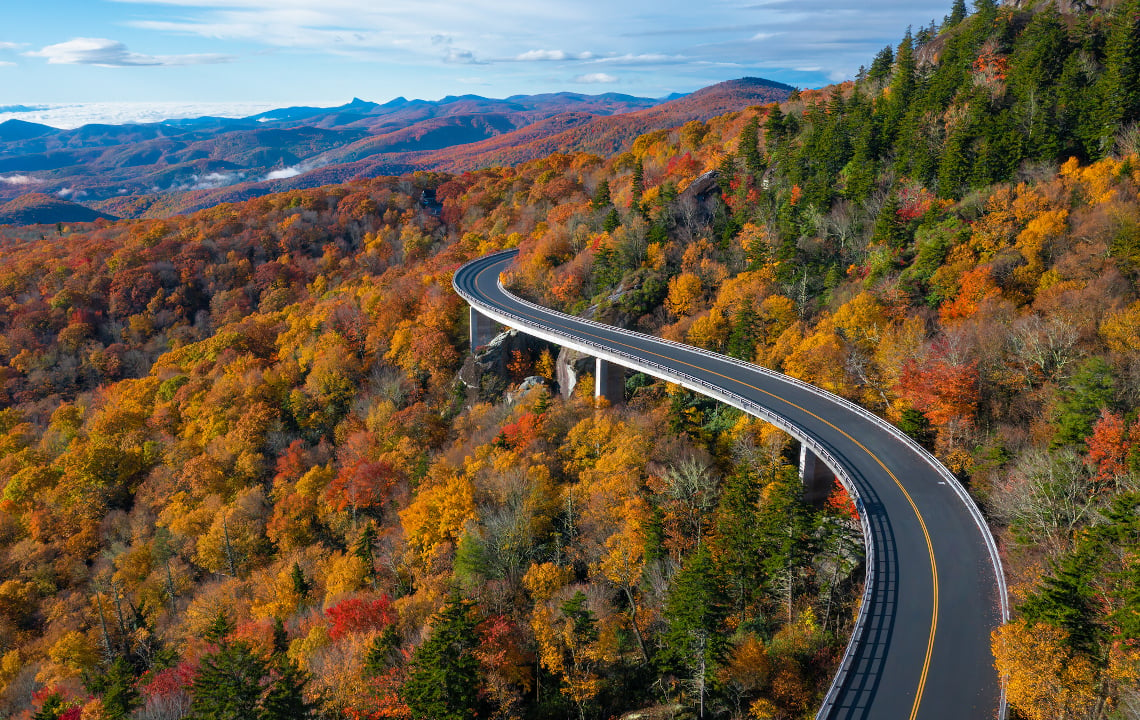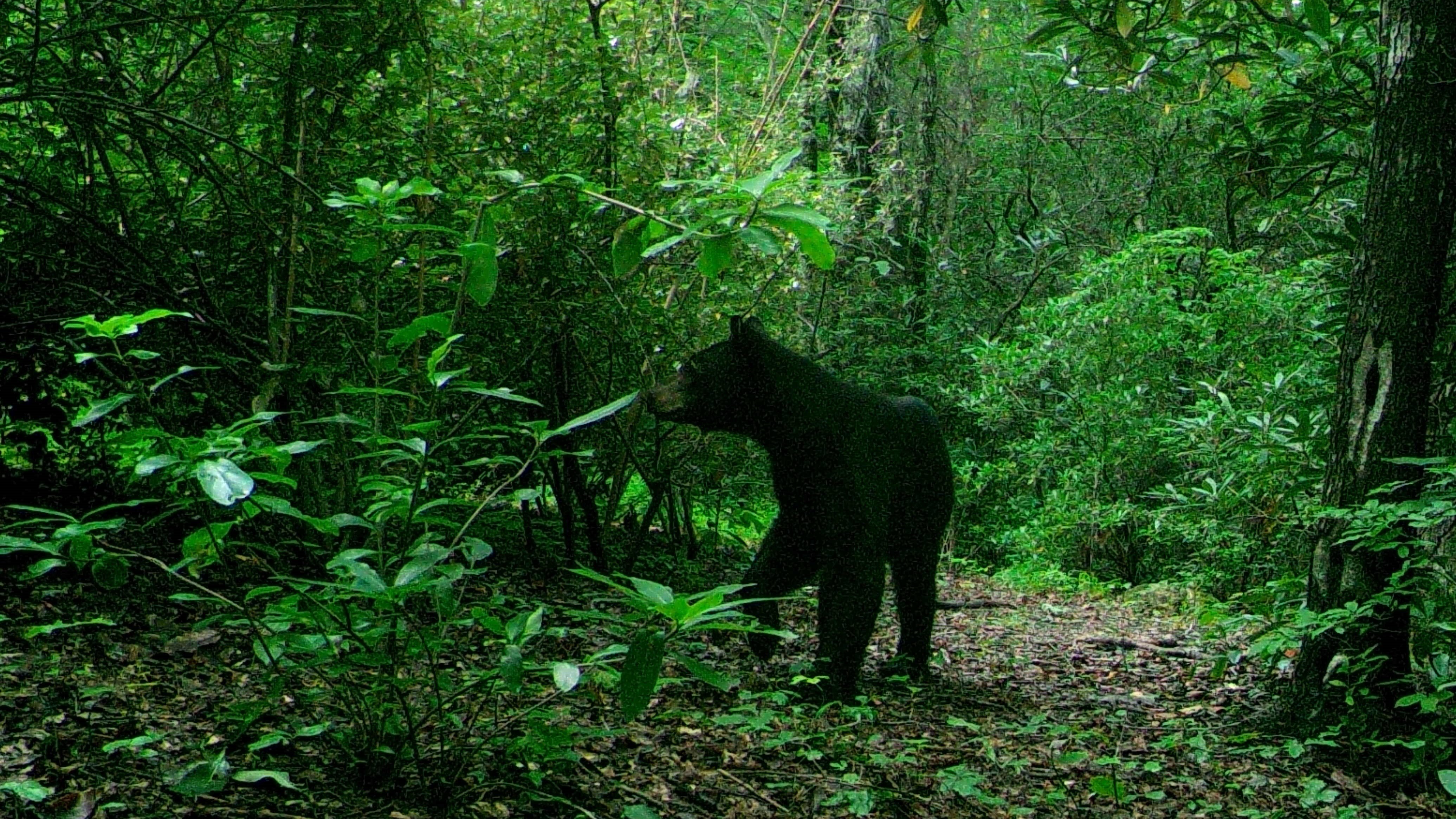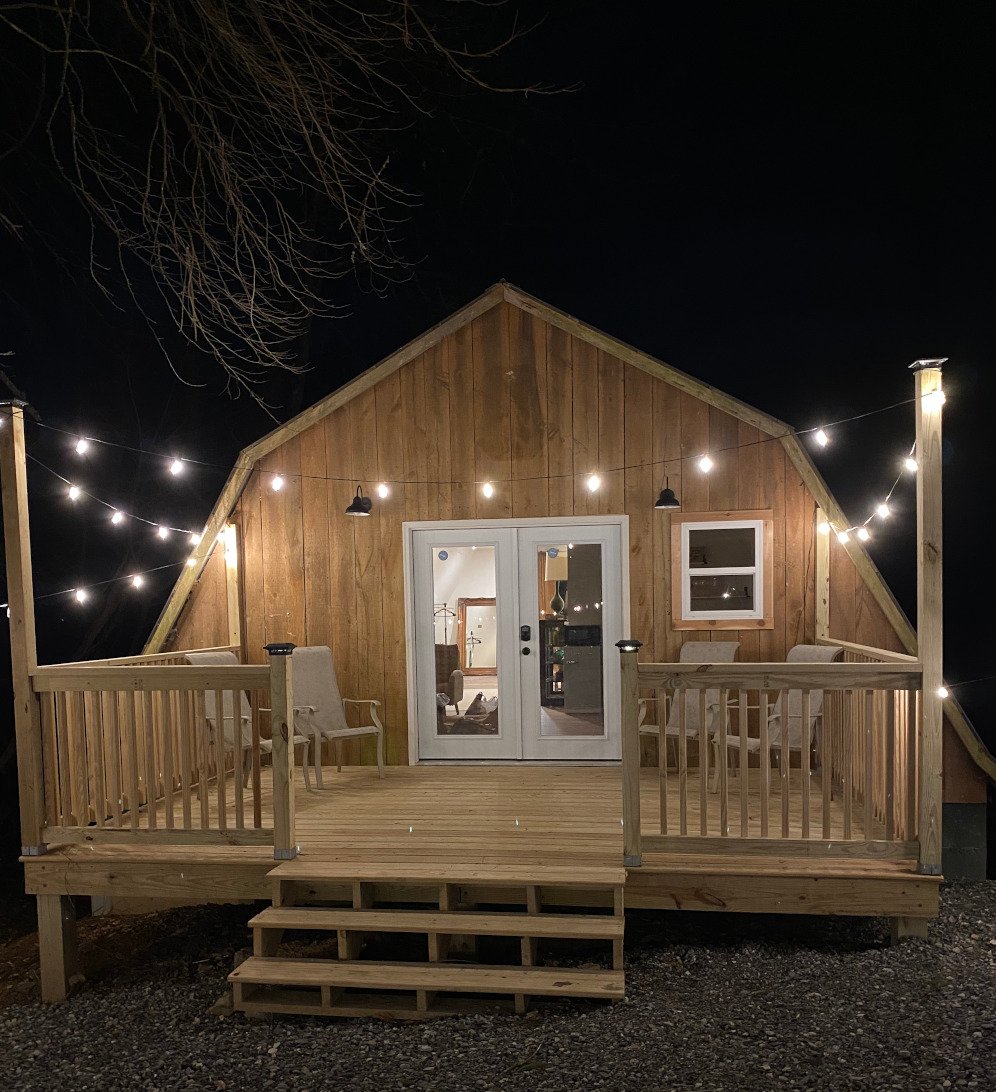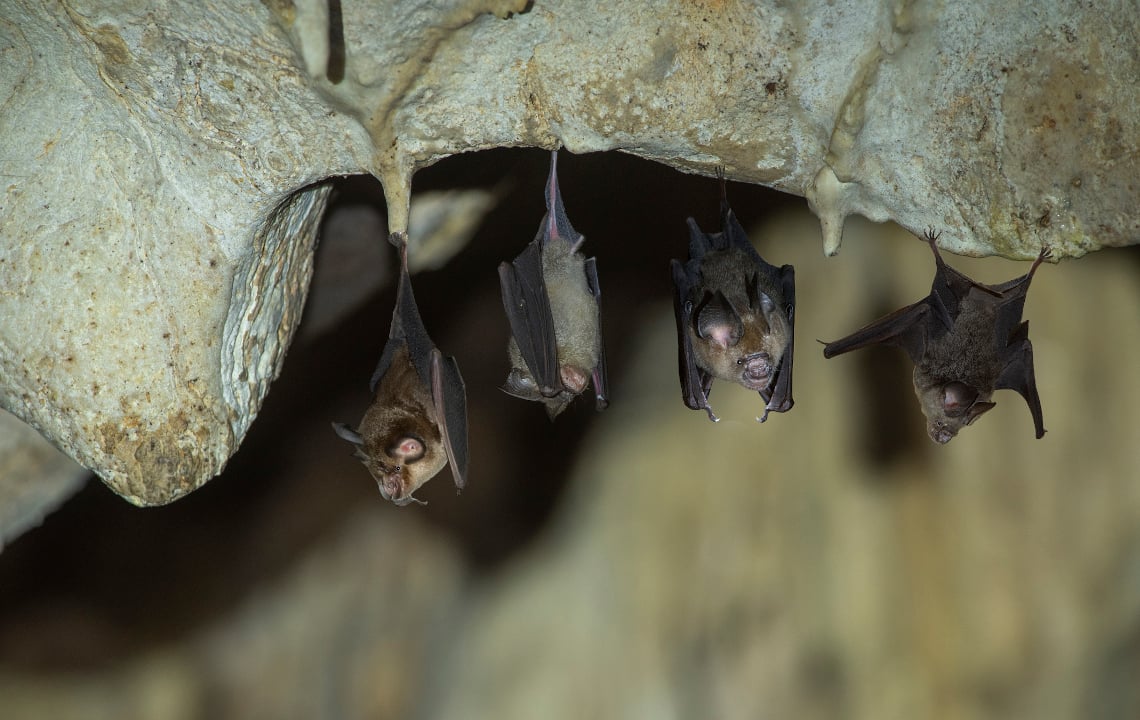Retirement is a big step and for most of us and it opens up a myriad of possibilities. Retiring to the country is a great step in the right direction in allowing you to enhance your lifestyle, rather than diminish it. Here are some strong reasons to consider retiring rural.
With better health care and the lengthening of life spans for the average person, it is inconceivable that we should not plan for a full and enjoyable life. Retirement is not a time for doing nothing, but it is a time to enjoy some of the exciting things, that perhaps, we did not have time for along the way. Retiring to a rural setting is one way to enhance our lifestyle and experience nature more.
Time and space for creative pursuits
1. Improved opportunities for gardening.
Those who enjoy the challenge of gardening, whether ornamental or vegetables, will find that space might not be as restrictive on rural acreage. Ornamentals can add immensely to your property and vegetable gardens will provide nutritious meals, reserved food supplies and great exercise.
As an added bonus, gardening has been linked to increased longevity, reduced incidence of heart disease, enhanced happiness and mood, and much more. Read all about it in: 5 Ways Gardening Fights Aging and Increases Your Lifespan.
2. Outdoor activities such as hiking, hunting, fishing and similar pursuits are more readily available.

For example, retiring on a lake property would allow access to boating, kayaking, swimming and fishing. Those with larger properties manage wildlife for better hunting opportunities. And even if you choose a smaller parcel of land, you’ll likely be a short drive, or hike, away from a variety of public recreational opportunities.
3. Rural living provides the chance to create the yard/property of your dreams.
The addition of trees, shrubs, fruiting vines (grapes and other berries) and other additions not possible in an urban setting.
Lifestyle advantages
4. You won’t waste your precious retirement years contending with the traffic and congestion of city living.
Just imagine all the time you could get back for more meaningful things...not to mention less wear, tear and mileage on your automobile!
5. You’ll get to enjoy the quiet, peaceful atmosphere that nature supports.
Coincidentally, living close to nature has a variety of health benefits, from enhancing immunity to reducing stress and even improving/protecting your eyesight!
6. As the tempo of life slows down, it allows us to pursue some of the things that we ‘always wanted to do’.
 This might include writing a novel or volume of poetry, expanding our knowledge of photography or some similar pursuit...and a beautiful rural backdrop provides the perfect quiet setting.
This might include writing a novel or volume of poetry, expanding our knowledge of photography or some similar pursuit...and a beautiful rural backdrop provides the perfect quiet setting.
This is also a good time for avid readers to indulge in reading of favorite novels or topics.
On a personal note, since retirement from my primary occupation, I have published 34 books on various topics on Amazon Kindle, ranging from ‘how-to’ books to novels. Retirement has also allowed me to concentrate more on photography.
7. Retirement allows more time to expand your involvement in hobbies of interest.
This could include fly tying, woodworking, needle-work, horticulture or any number of interesting skills. Horticulture is another example of a hobby that would be greatly enhanced by living in a rural environment with increased space available for a greenhouse, garden, etc.
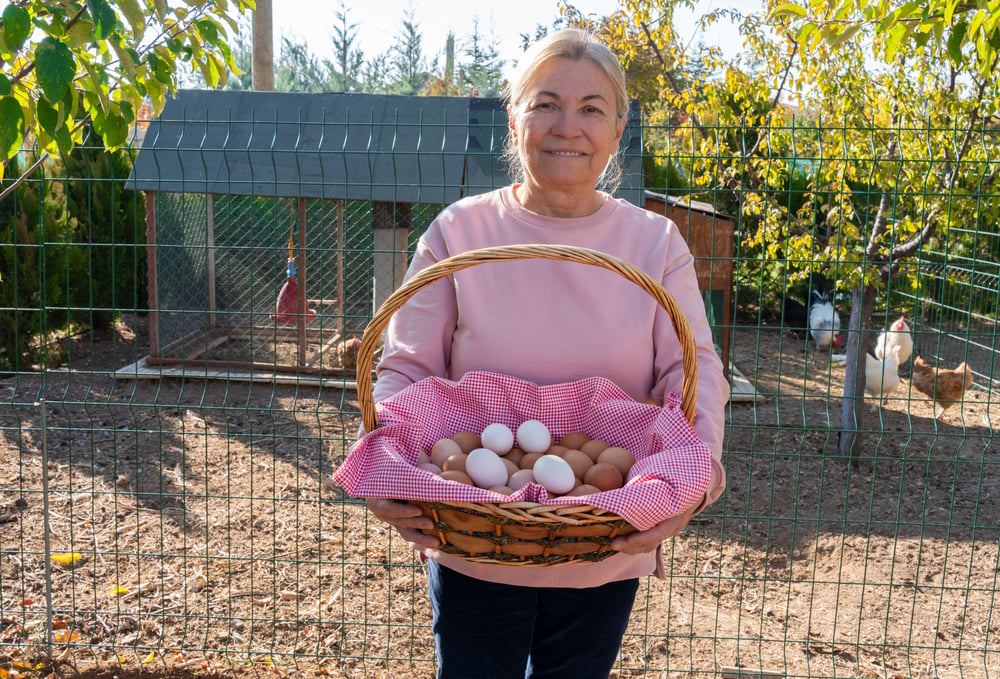
If you love animals, rural acreage provides endless opportunities to expand beyond house-pets to chickens, ducks, horses and other livestock (many of which can be enjoyed as hobbies and used to generate income).
Financial Benefits
8. Potentially lower taxes.
Extensive research prior to retiring might reveal that buying a country home in certain areas may lower your rate of taxation. There are many tax benefits available to rural land owners, from ag credits to homestead credits and even perks for placing acreage in conservation, so be sure to talk to a tax professional who’s familiar with the tax laws in your area.
9. More Bang for Your Real Estate Buck.
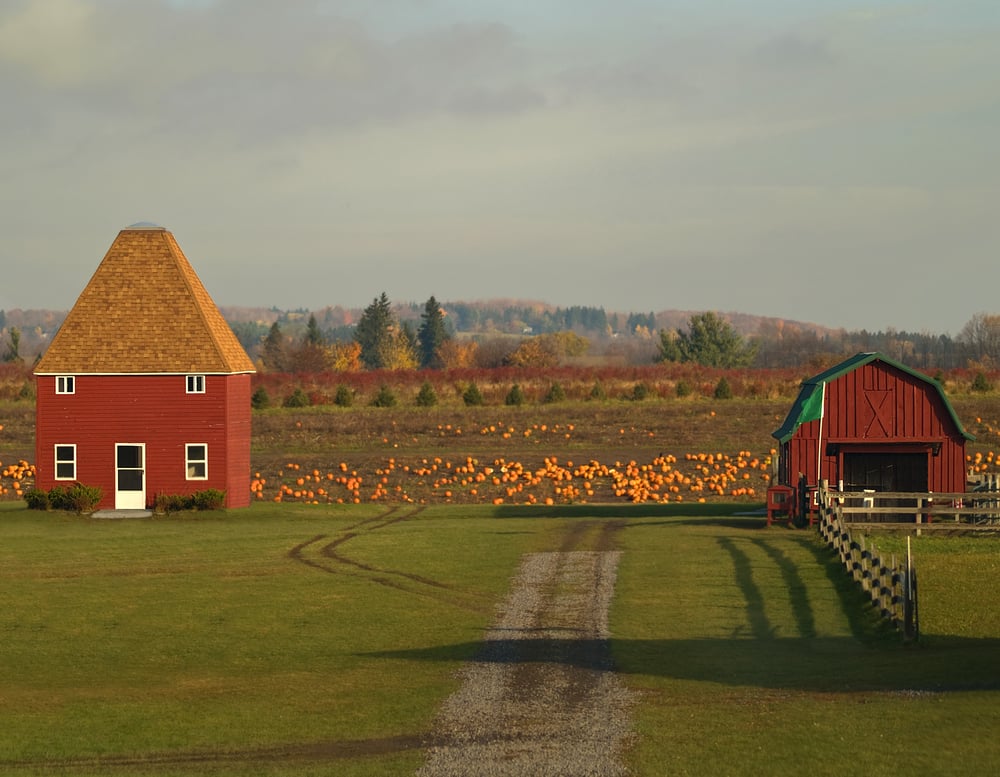
Research might also reveal that property values vary widely by location and certain areas and tracts of land might allow more ‘bang for your buck’.
Rural land tends to be less expensive, and if you plan on building a home to downsize, etc. you’ll have a lot more flexibility with design than you would in an urban or suburban setting (tiny homes, earth sheltered homes, barndominiums, kit home, etc.).
10. Little savings add up.
Other savings may include cost savings on sewer and water charges by having a septic system and private well...these cost savings may seem small but can really add up for those on a fixed income. Depending on the area, there might be savings opportunities by using solar or wind to generate energy. Be sure to check zoning regulations prior to purchasing.
Creating a Legacy
11. A rural setting often offers an attractive setting for visits by children or grandchildren.
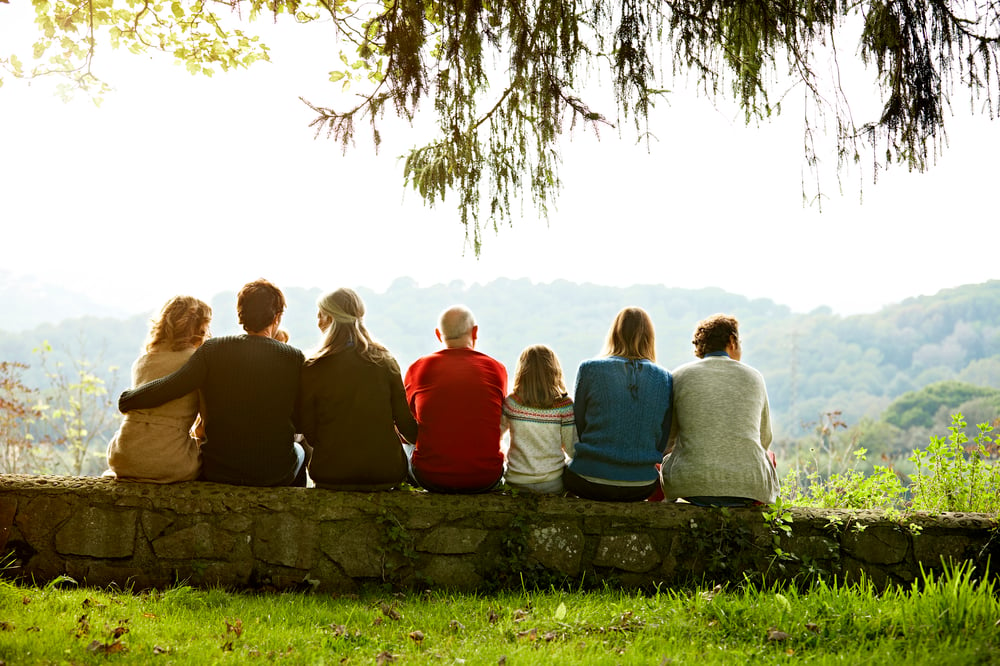
The savings of being in a rural area might allow for the creation of a home setting that would be more appealing to the extended family.
By going rural, you have a unique opportunity to create a legacy for the family as a place with good memories that will be cherished and hopefully passed onto future generations.
A dear friend of mine often quotes from his extensive memory of wise statements by saying, “The best time to plant a tree is 20 years ago. The next best time is today.”
The same could be said of planning for retirement. Finding the right rural location may require some legwork, but now is the time to start thinking about tomorrow.





.jpg)
